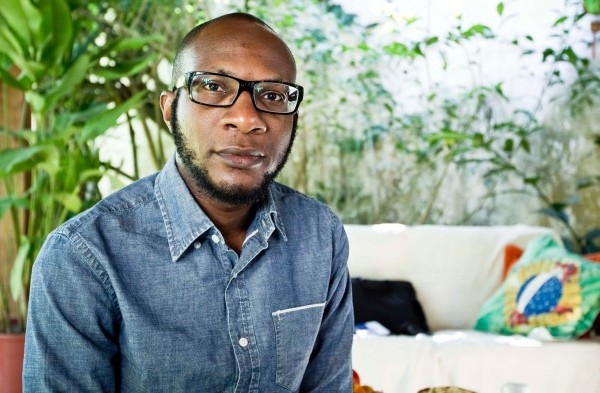On July 15, 2014, Teju Cole, the author of Known and Strange Things, said goodbye to 267 thousand Twitter followers. Without any explanation or fanfare, he posted one last tweet and has not returned to update his account ever since.
Cole’s fans went on panic mode but not for long. After leaving Twitter, Cole popped up on Facebook. He had always had an author page on Facebook, but it was not until he left Twitter that the page became very active. Even though he has since spread his social media influence across other platforms like Instagram and Spotify, Facebook remains the dominant place to find the writer, keep up with his new work, and engage with him on topical issues.
From what we gathered in a recent interview with Financial Times, Cole is enjoying his time in Facebookland. We also picked up on an interesting back story that explains Cole’s choice of Facebook as his primary social media site.
Apparently, Cole’s relationship with Facebook was not an instant love affair. “It took me a long time to figure out how I wanted to use Facebook,” he says. You’re probably wondering what helped him figure things out?
It should delight Cole’s fans to know that, in a some sense, they inspired his decision to become more active on Facebook. “It’s a weird thing to have people who are fans, or [who are] privately moved by your work. And so I use Facebook [to explore] in what way can you be a person who’s worthy of that affection and that attention?”
Cole uses Facebook for the usual stuff—getting the word out on new publications, as well as sharing book reviews and and interviews. But Facebook does something else for him. It clears up a unique arena for engaging with fans. It closes up the distance among followers inherent to Twitter. His fans are no longer just followers isolated in their individual interest in Cole’s work. With Facebook, they can experience each other as a community.
Cole still goes off on rants, dissects topical issues, and pens down thoughtful provocations that often ignites meaningful conversations among his fans. Sometimes, his Facebook page reads like a literary town hall meeting.
With Twitter, the focus was on Cole’s work. Cole used Twitter to perfect a new kind of poetic writing, to curate photographs, and, in general, to act out an intellectual life. His followers were spectators. They gathered to see what he’d created. With Facebook, it is less performance and more conversations, more exchanges taking place across a community that sees not just Cole and but his fandom engaging with each other.
Twitter, it turns out, still holds a special significance for Cole: “One of the most satisfying things I ever did, for me as a creative person, was on Twitter.
Cole has done the Twitter thing. He’s now on Facebook and also on Instagram and Spotify. What next for him?
“And I am getting sort of curious about Snapchat and we will see. I am not quite there yet but I know that once I dive in, I am in.”









COMMENTS -
Reader Interactions